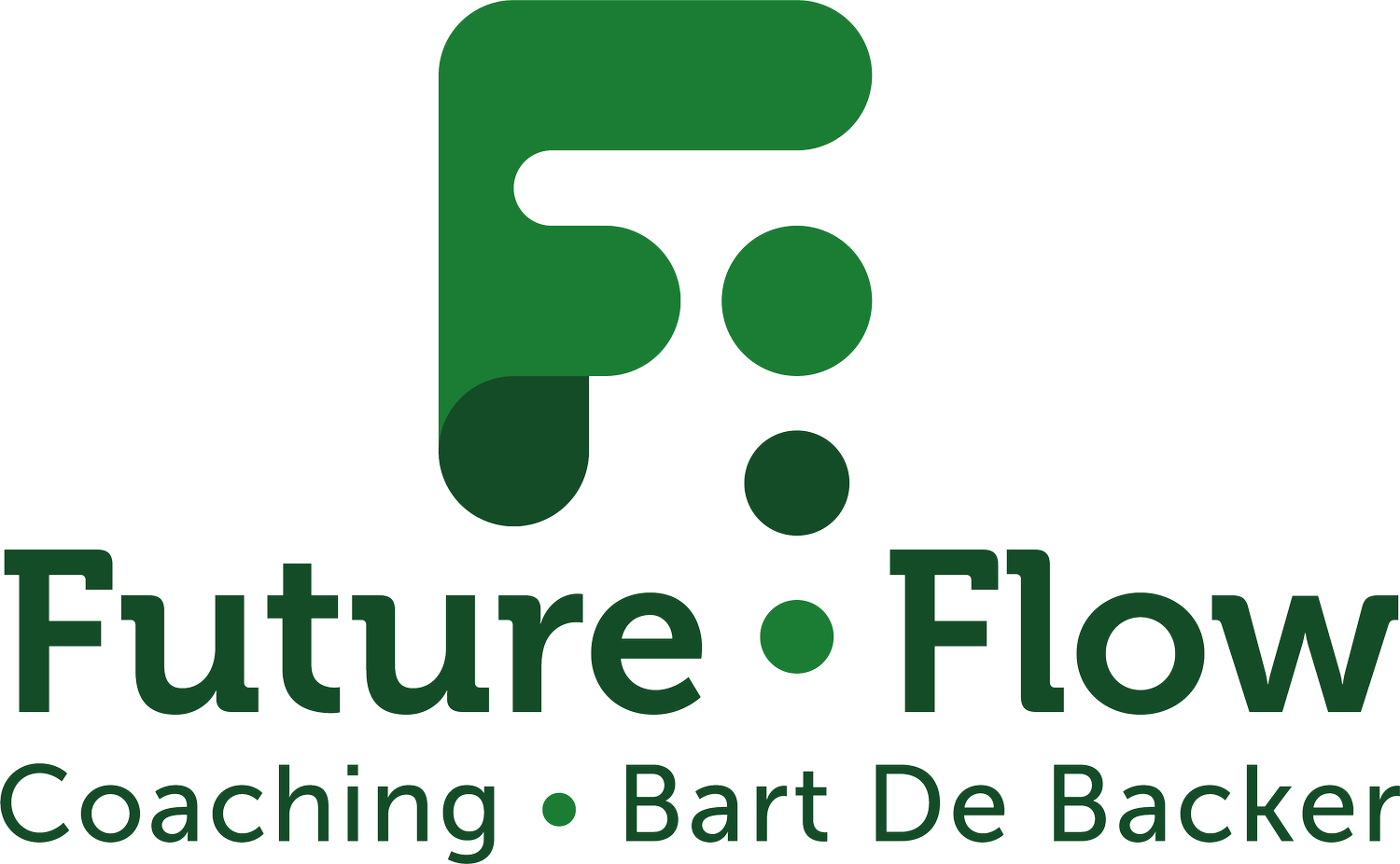
Stress & burn-out vermijden
Wat is een burn-out nu écht?
“Burn-out is een teken van een tekort aan energie en van emotionele uitputting. Wie meer doet dan hij aankan, komt vast te zitten. Het is daarom belangrijk om keuzes te maken. Sommige activiteiten vergen energie, andere activiteiten geven ons net extra energie”, aldus Professor Lode Godderis (KU Leuven).
Een burn-out is het eindstadium van een langdurige periode van stress en (over)spanning. Hierdoor krijg je last van zowel lichamelijke als geestelijke uitputting. Je ‘reserves’ zijn op en je lichaam en geest zijn uitgeput. Je voelt je letterlijk ‘opgebrand’. Een burn-out is naast een psychisch probleem ook duidelijk te voelen in je lichaam.
Verschil met depressie
Burn-out is geen ziekte, maar een syndroom. Het kenmerkt zich door zowel lichamelijke, psychische als sociale klachten die gepaard gaan met een verminderd gevoel van eigenwaarde op bijvoorbeeld het werk. Een burn-out heeft enkele kenmerken die lijken op een depressie. Het belangrijkste verschil is dat burn-out vooral gaat over een tekort aan energie. Je voelt je niet in staat nog iets te doen en zeker niet als dit werkgerelateerd is. Je kan echter wel nog genieten van dingen buiten de werksfeer. Een depressie is een stemmingsstoornis: heel veel is negatief, noch de moeite waard, niets kan nog je interesse wekken.
Hoe herken je de signalen van een burn-out?
Wat kun je doen om een burn-out te vermijden, of ermee om te gaan?
Door zijn eigen ervaring met een burn-out begrijpt Bart ten volle wat de impact kan zijn, en helpt je graag ermee om te gaan of te vermijden.
Stress & burn-out coaching programma
Leren omgaan met stress & herstellen van burn-out. Met de OOO-methode als kapstok.
Samenwerking met o.a. Huisartsenpraktijk De Boonvenne in Berlare
Hoe verbeter ik de balans tussen werk en privé? Hoe kan ik gezond omgaan met een hoge werkdruk? Hoe stop ik met piekeren? Hoe kan ik het werk thuis loslaten? Hoe word ik minder perfectionistisch? Hoe start ik weer met werken na een lange afwezigheid? Hoe voorkom ik terugval? Hoe kan ik me minder aantrekken van kritiek of geroddel? Hoe krijg ik mijn energie terug? Hoe kom ik uit een bore-out? Hoe versterk ik mijn zelfvertrouwen? Hoe krijg ik minder stress van alle veranderingen op het werk?
Aanpak : stappenplan
Oriëntatie: vrijblijvend gesprek om kennis te maken en doelen vast te stellen
Eerste analyse van stressklachten en stressbronnen
Herstellen van energie en fysieke conditie
Omgaan met stress en emoties
Versterken van competenties
Levensmissie, talenten en drijfveren
Match met sociale omgeving en werk
Werkhervatting, terugvalpreventie, follow-up en evaluatie


